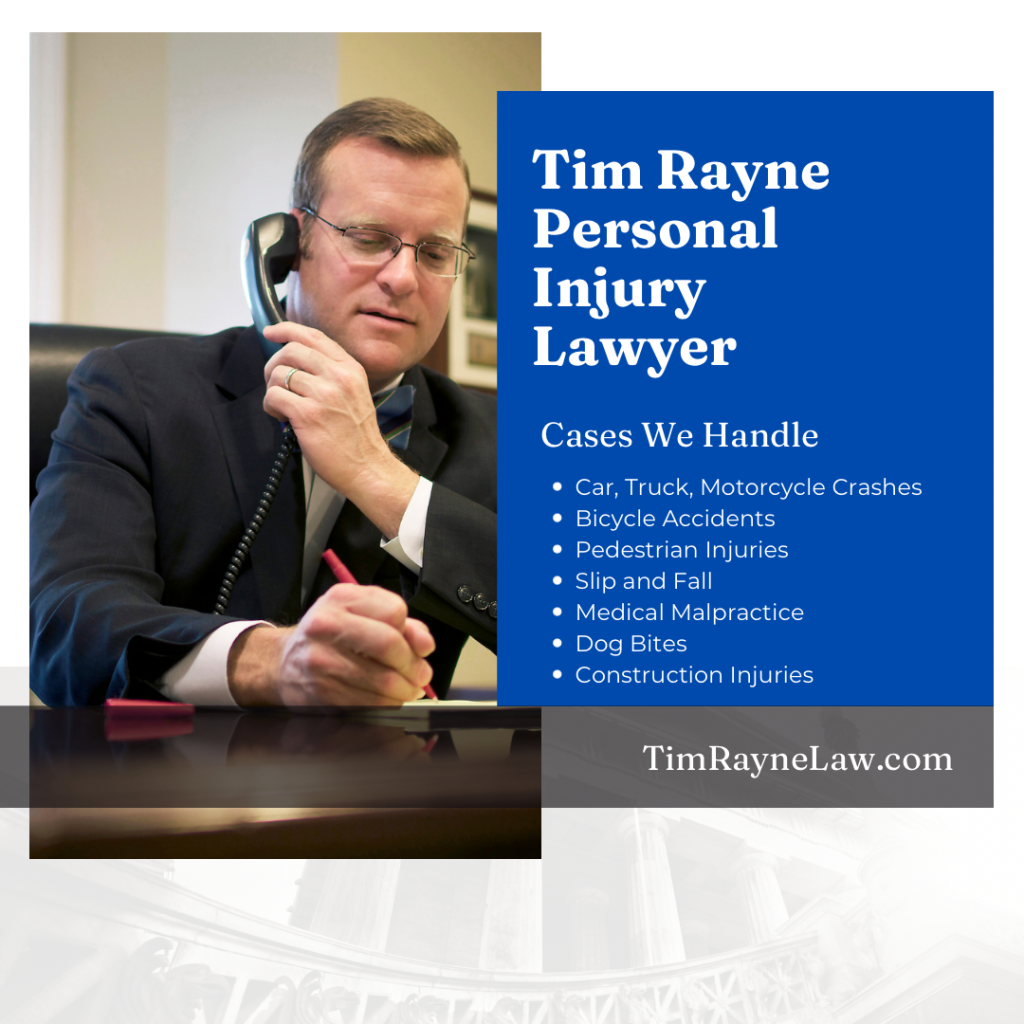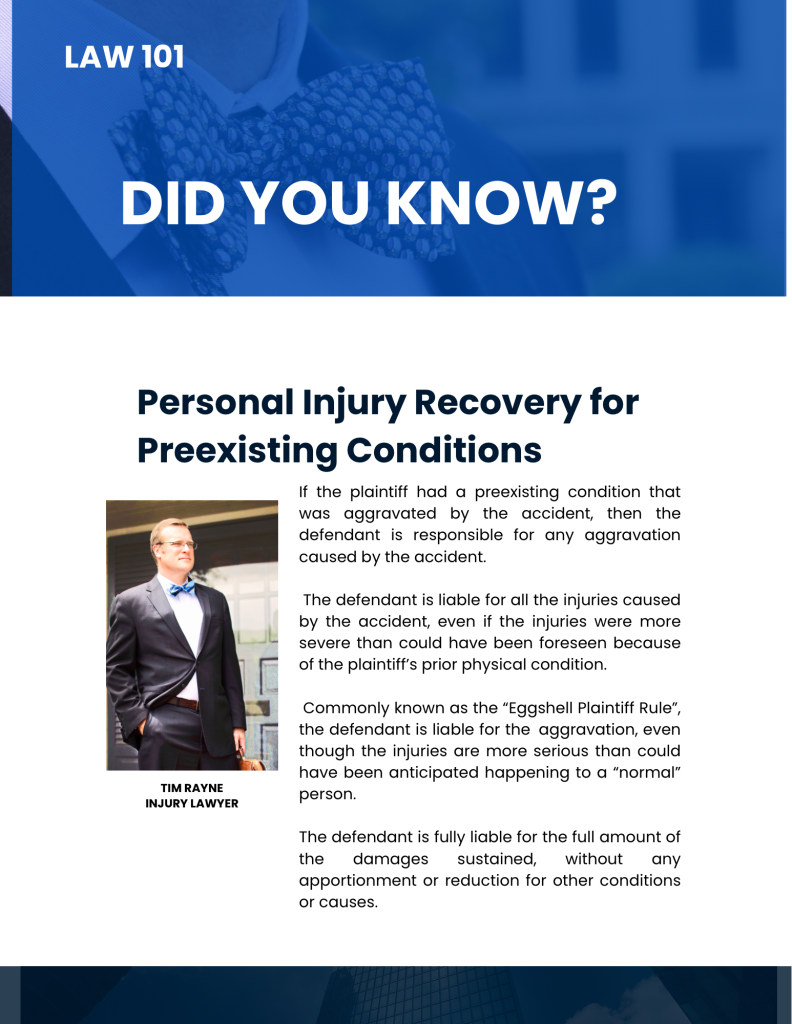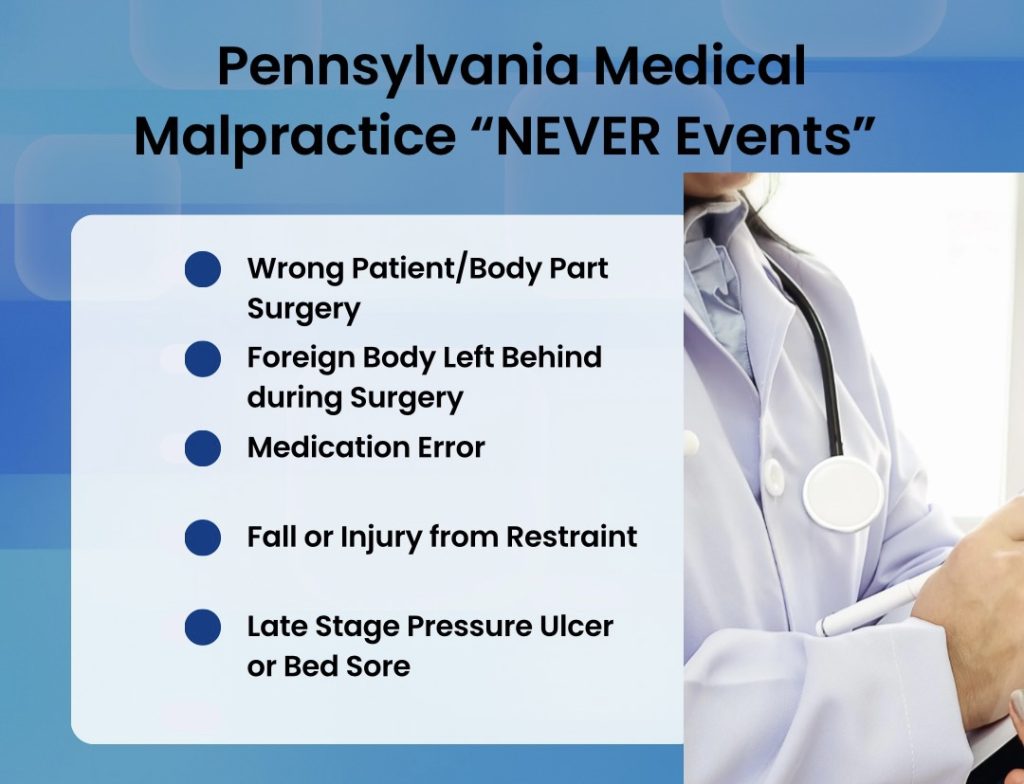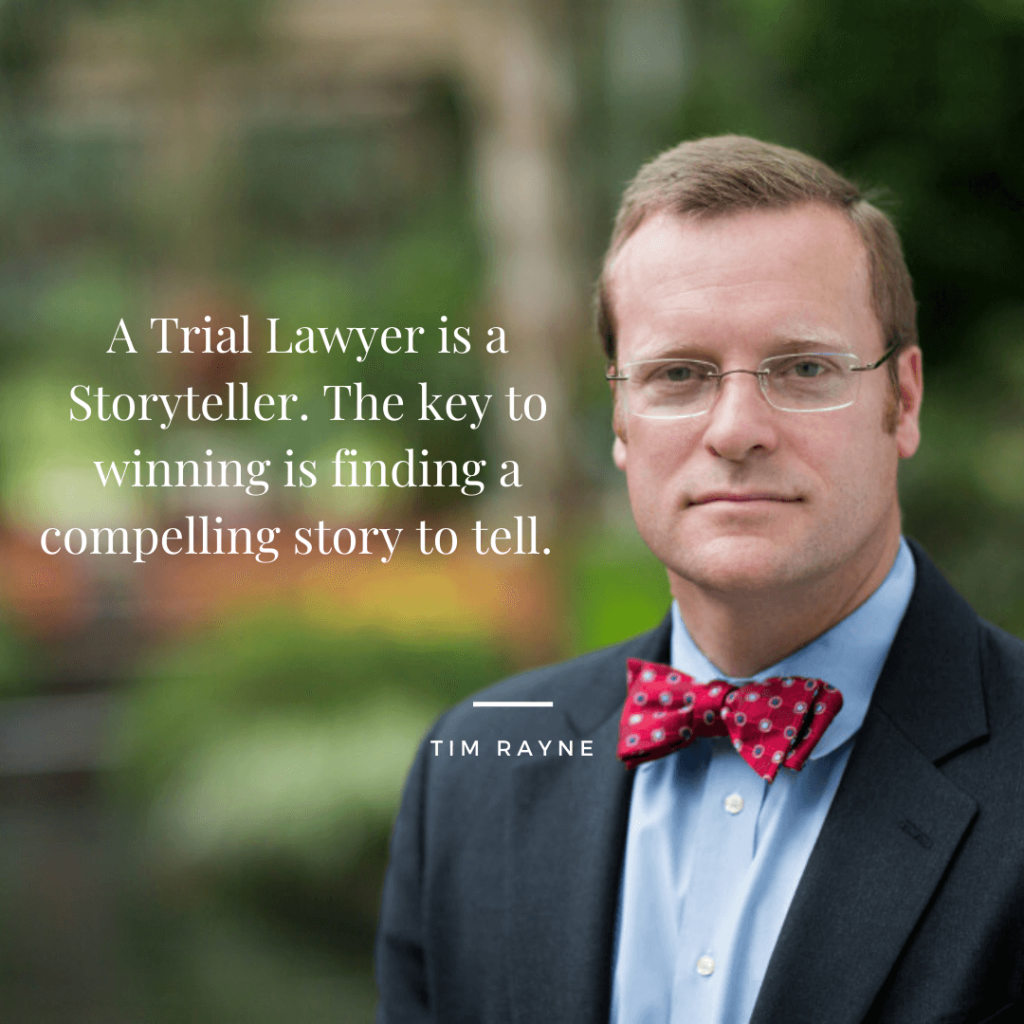One of the most critical acts in a Pennsylvania Personal Injury Case is to make sure that the claim is filed in a timely manner so that you don’t lose your rights to compensation.
In almost all Personal Injury cases, the deadline for filing, or Statute of Limitations, is two years from the date of the incident. If claims are not properly filed in Court by then, your rights are forever extinguished.
Nevertheless, there are special rules that apply if the target of the Lawsuit, the Defendant, has died.
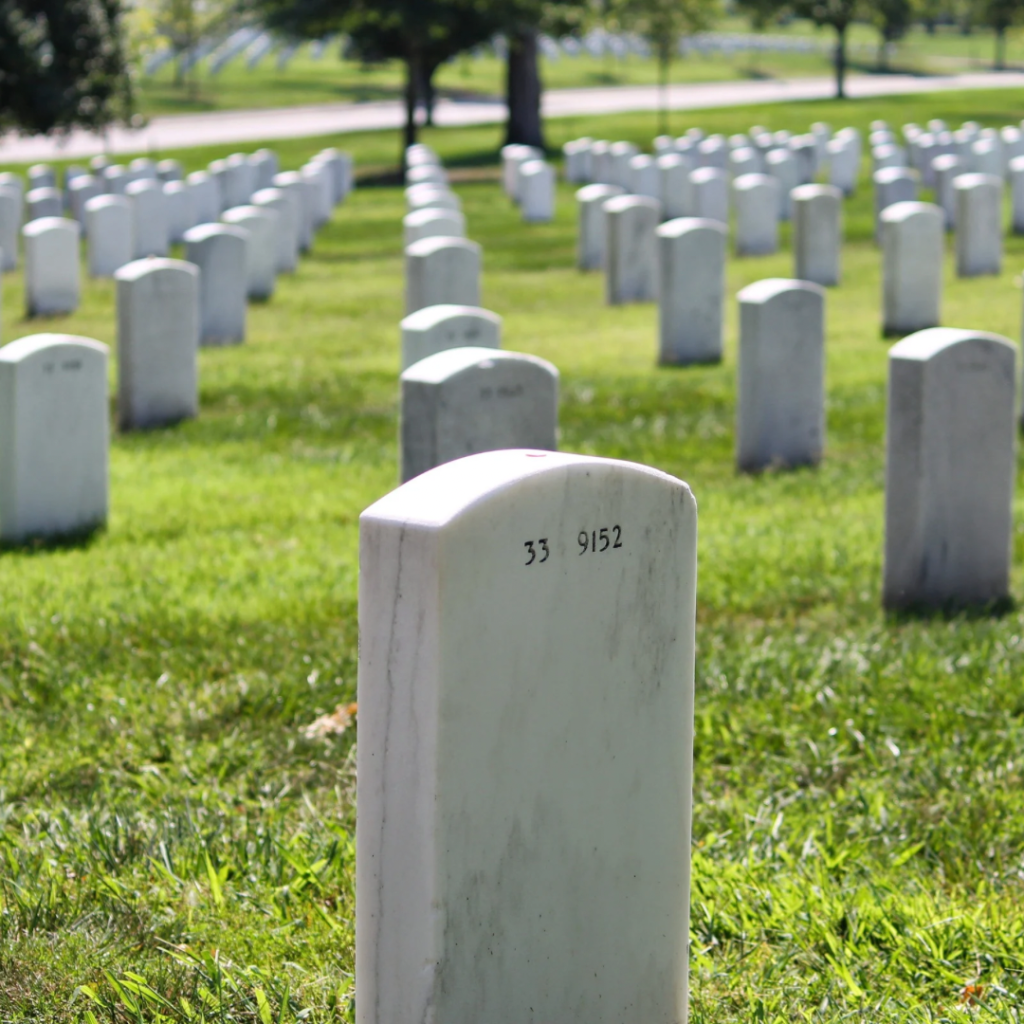
Can you Sue a Dead Person?
You cannot sue a dead person in Pennsylvania. Legally, the person no longer exists, so suing him/her is not proper. But, does that mean that the dead person’s insurance company or the dead person’s assets are immune and cannot be pursued? No.
A dead person’s Estate and any insurance policy covering the dead person for the incident can be forced to compensate a victim of an accident caused by the dead person.
In order to pursue the legal claim, the injured person must sue the Estate of the Dead person by bringing a claim against the Executor or Administrator of the Estate.
What if no Estate has been opened for the Dead person? How do you sue?
If no Estate has been opened for the dead person, then the lawyer for the injured person can open the Estate for the sole purpose of filing a lawsuit against it.
It may sound crazy, but it’s often necessary for the victim’s lawyer to open the Estate so that the dead person can be sued.
What if you Didn’t know the Defendant was dead and Sued too late?
Just because a Defendant dies, the time limitation for filing suit isn’t automatically extended. Consequently, if you wait until the last minute to file a lawsuit and mistakenly sue a dead person, you might be out of luck and your lawsuit might get dismissed.
When is the Statute of Limitations Extended in a Case Involving a Dead Person?

There is a statute in Pennsylvania, 20 Pa.C.S. 3383, that might extend the Statute of Limitations against a dead Defendant.
Section 3383 – Statutes of Limitations; claims not barred at death – states:
The death of a person shall not stop the running of the statute of limitations applicable to any claim against him, but a claim which would otherwise be barred within one year after the death of the decedent shall not be barred until the expiration of one year after his death. Nothing in this section shall be construed to shorten the period which would have been allowed by any applicable statute of limitations if the decedent had continued to live.
So, if the Defendant dies within one year of the expiration of the Statute of Limitations, the time limit is extended until one year from the date of death.
Presumably, this rule is meant to help the victim by giving extra time to locate the Estate or open the Estate so that the claim can be pursued.
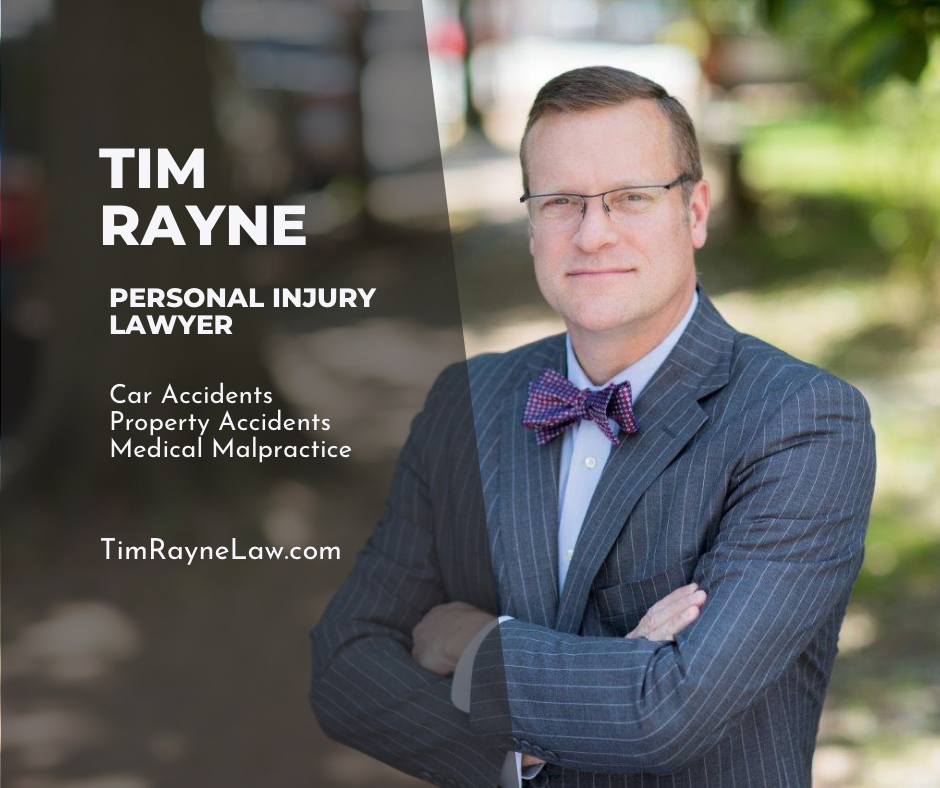
Tim Rayne is a Car Accident and Personal Injury Lawyer with the Chester County Law Firm MacElree Harvey, Ltd. For over 25 years, Tim has been helping accident victims understand their legal rights and receive fair treatment from insurance companies. Tim has law offices in Kennett Square and West Chester and can be reached at 610-840-0124 or trayne@macelree.com or you can check out his website at www.TimRayneLaw.com.

